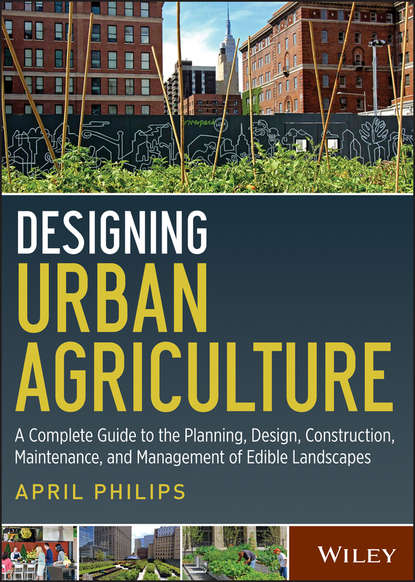- бизнес-книги
- детские книги
- дом, дача
- зарубежная литература
-
знания и навыки
- изучение языков
- компьютерная литература
- научно-популярная литература
- словари, справочники
-
учебная и научная литература
- безопасность жизнедеятельности
- военное дело
- гуманитарные и общественные науки
- естественные науки
- задачники
- монографии
- научные труды
- практикумы
- прочая образовательная литература
- сельское и лесное хозяйство
-
технические науки
- высокие технологии
- горное дело
- информатика и вычислительная техника
- конструкции
- легкая промышленность
- материаловедение
- машиностроение
- нормативная документация
- общетехнические дисциплины
- основы производства
- пищевая промышленность
- приборостроение
- проектирование
- промышленность
- радиоэлектроника
- строительство
- техническая литература
- технологии металлов
- транспорт
- химическая технология
- эксплуатация промышленного оборудования
- энергетика
- учебники и пособия для вузов
- учебники и пособия для ссузов
- учебно-методические пособия
- история
- комиксы и манга
- легкое чтение
- психология, мотивация
- публицистика и периодические издания
- родителям
- серьезное чтение
- спорт, здоровье, красота
- хобби, досуг
April Philips — Designing Urban Agriculture

Понравилась книга? Поделись в соцсетях:
Автор: April Philips
Издатель: John Wiley & Sons Limited
ISBN: 9781118333075
Описание: A comprehensive overview of edible landscapes—complete with more than 300 full-color photos and illustrations Designing Urban Agriculture is about the intersection of ecology, design, and community. Showcasing projects and designers from around the world who are forging new paths to the sustainable city through urban agriculture landscapes, it creates a dialogue on the ways to invite food back into the city and pave a path to healthier communities and environments. This full-color guide begins with a foundation of ecological principles and the idea that the food shed is part of a city's urban systems network. It outlines a design process based on systems thinking and developed for a lifecycle or regenerative-based approach. It also presents strategies, tools, and guidelines that enable informed decisions on planning, designing, budgeting, constructing, maintaining, marketing, and increasing the sustainability of this re-invented cityscape. Case studies demonstrate the environmental, economic, and social value of these landscapes and reveal paths to a greener and healthier urban environment. This unique and indispensable guide: Details how to plan, design, fund, construct, and leverage the sustainability aspects of the edible landscape typology Covers over a dozen typologies including community gardens, urban farms, edible estates, green roofs and vertical walls, edible school yards, seed to table, food landscapes within parks, plazas, streetscapes and green infrastructure systems and more Explains how to design regenerative edible landscapes that benefit both community and ecology and explores the connections between food, policy, and planning that promote viable food shed systems for more resilient communities Examines the integration of management, maintenance, and operations issues Reveals how to create a business model enterprise that addresses a lifecycle approach